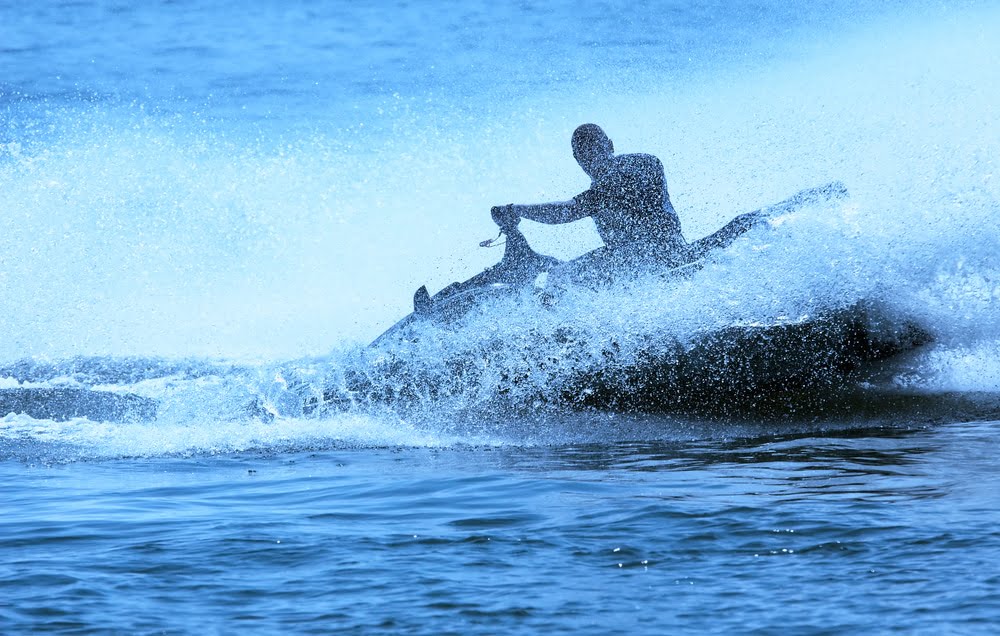The summer period is one where many like to get out on the water and enjoy themselves, including those who enjoy watercraft like boats, jet skis and others. At the same time, just like any type of motorized vehicle, care must be taken while using these items – and a lack of such care could lead to liability concerns for personal injury cases if accidents take place.
At the offices of William Rawlings & Associates LLC, we’re proud to offer a variety of personal injury attorney services, including for cases involving watercraft and related accidents. In this two-part blog series, we’ll dig into a number of areas to be aware of here – common boating accident types and how fault is often determined for them, how resulting liability cases may go and much more.

For starters, it’s important to note throughout any liability case involving an accident with watercraft that such cases often contain many of the same factors as auto accidents and their resulting cases. Things like speeding, recklessness and inexperienced operators are common underlying causes of accidents, as are issues of driving while under the influence.
At the same time, there are other types of issues that aren’t really too similar to a vehicle accident, and these may be handled differently. Our upcoming sections will look at a number of potential issues that fit in both categories, plus how liability is often determined in such cases.
Perhaps the most common and well-known type of boat-related issue, and one that’s definitely similar to a vehicle accident in many ways, is a standard collision. These aren’t as common as car accidents due to how wide open most lakes and other bodies of water tend to be, but they still do take place from time to time.
Who is at fault in such incidents? Like with car accidents, the answer depends. Both boat operators will be at some degree of fault in certain cases, or there may be others where a single one is at fault – incidents of motorboats hitting sailboats are good examples, as the motorboat owner is generally held liable.
Another type of boat accident involves a boat hitting another boat’s wake and sustaining damage as a result; the same may take place with large waves that were not caused by any boat. In such cases, several factors will be considered in determining liability, including the speed and size of the boat that caused the wake (if one exists), visibility, traffic and whether the operator warned passengers about the wake in advance.
For more on watercraft collisions and related liability concerns, or to learn about any of our auto accident injury or other personal injury attorney services, speak to the staff at the offices of William Rawlings & Associates LLC today.